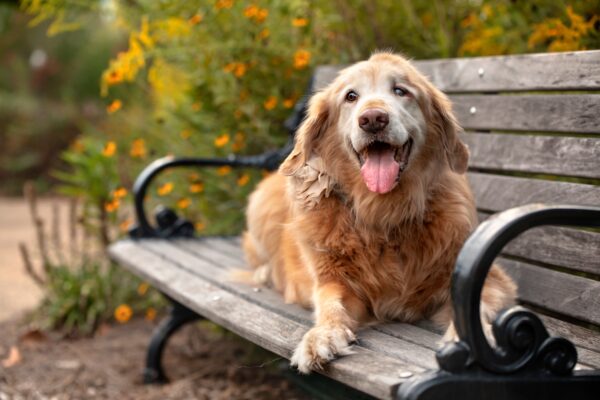Dogs are predominately meat eaters, their teeth are specialised for catching, killing and eating prey. Although the majority of today’s dogs do not need to hunt, their teeth are similar to those of their ancestors. Dogs have 42 teeth in total comprising of 12 incisors, 4 canines, 16 premolars and 10 molars.
Gums should be a healthy pink colour, with no redness or bleeding where the gums meet the teeth. Breath should not smell offensive; this can be a sign of dental or oral disease. There should be no discomfort when eating, teeth should be white and clean, not discoloured.
Reasons for feeding a dental diet
Plaque is a mixture of oral bacteria, food debris and proteins in the saliva, which sticks to the surface of teeth. It hardens to form calculus (tartar) and more plaque accumulates on top. This build up on the tooth hangs over the edge of the gum and creates a pocket in which more bacteria and food debris can accumulate. This leads to inflammation and infection of the gum (gingivitis), which in turn can lead to other tissues surrounding the teeth becoming inflamed and infected. If untreated, periodontal disease can lead to extensive loss of teeth as a result of damage to the structures that support them.
Nutritional profile of dental diets
Dental diets have reduced protein and calcium which limits mineralisation of plaque and tartar. Increased fibre holds the kibble together for longer which then cleans the surface of the tooth and the size of the kibble (specific to the dog) engulfs the tooth before it splits enabling the fibres to wipe the surface of the tooth clean.
The dental diets have special ingredients to meet the dental and nutritional needs of your dog:
- The texture and shape of the kibble produce a gentle abrasive effect on the teeth during chewing
- Helps to reduce dental plaque and tartar through the action of sodium polyphosphate, which binds with calcium in saliva, thus making it unavailable for the formation of tartar.
The specially shaped kibbles help to mechanically remove dental plaque and tartar. When your dog chews his food the abrasive texture of the kibble cleans each tooth, gently working away the plaque and tartar. These diets are designed to be fed every day and often reduce plaque and tartar formation by more than 60% compared with regular diets. In addition to being extremely palatable, the special kibble contains specific nutrients to support oral hygiene and help to clean all of the teeth, not only the ones needed for chewing.
- Sodium tripolyphosphate binds salivary calcium so it is unavailable to build into tartar.
- Zinc helps to slow down tartar build-up and has antiseptic properties, therefore, reducing bad breath.
- Green tea polyphenols help to maintain a healthy mouth and gums.
There are several dental diets available, including:
- Clinically proven to reduce gingivitis and the build-up of tartar, plaque and stain.
- Canine t/d & Canine t/d Mini are most effective when used on clean teeth (following an initial professional cleaning), fed as the sole maintenance food and fed dry (adding water prevents effective cleaning).
Royal Canin Veterinary Clinical Dental Special Small Dog
- Daily oral hygiene in dogs over 10kg
- Limits the development of dental plaque & tartar
- Helps fight bad breath
Royal Canin Veterinary Clinical Early Dental S/O Dry
- Daily oral hygiene in dogs over 10kg
- Limits the development of dental plaque & tartar
- Helps fight bad breath



